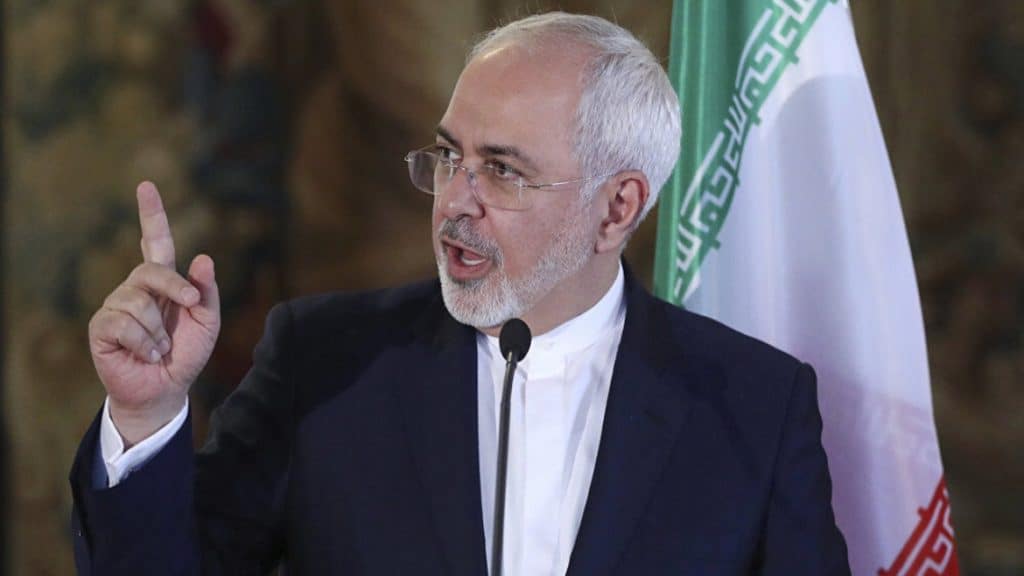By Denis Korkodinov
Iran’s Foreign Minister Javad Zarif expressed Tehran’s readiness for a “total war” in the event of an attack by Washington or Riyadh. This statement by an Iranian diplomat followed information that the United States and Saudi Arabia were preparing a military operation against Iran as a reaction to a missile strike on Saudi oil facilities. The US has reacted with caution to the Iranian ultimatum and is ready to start negotiations.
In the last year following the cancellation of the nuclear deal, the warning made by Javad Zarif became the most resonant event in world politics. Through an ultimatum, Tehran relies primarily on the reaction of US Secretary of State Mike Pompeo, who, during his tour of the Middle East, actually called on the world to prepare for war with Iran. However, the White House administration and the ayatollah regime are still considering mitigating tensions between countries. For this reason, Javad Zarif and Hassan Rouhani, despite criticism from American hawks, were granted an American visa to attend the UN General Assembly summit.
Under pressure from the international community and, above all, its allies (Russia), which are experiencing significant difficulties due to sharp fluctuations in the global energy market, Tehran is ready to make a number of concessions. These concessions include, in addition to concluding a new nuclear deal, clauses on ensuring freedom of navigation in the Strait of Hormuz, which should serve as a guarantee to prevent the next seizure of oil tankers by the Iranian armed forces. At the same time, Iran is ready to mediate between Yemen and Riyadh, making efforts to ward off any suspicions in the investigation of the attack on Saudi oil facilities. In turn, Washington will not object to the opening by third countries of credit lines for Iran, which, in turn, will serve as the basis for easing economic pressure on the Ayatollah regime.
Javad Zarif, declaring the threat of a “total war”, stressed that Iran is aware of the negative consequences that the world community may face if the war becomes a reality. But at the same time, Tehran and its allies will be forced to conduct military action if Washington makes an attempt to increase pressure. This call was accepted by US Secretary of State Mike Pompeo, who hastened to declare that the White House administration does not have accurate information about Iran’s involvement in attacks on oil facilities in Saudi Arabia, but Washington would very much like Iran to be the main culprit of these attacks.
In addition, Mike Pompeo went on an official visit to Jeddah and Abu Dhabi to discuss the prospect of an increase in the number of US troops in the region and the likely scenario of a war with Iran. In turn, the Saudis and the UAE are counting on Washington to send its troops to participate in the conflict on the territory of Yemen, with which the Americans are in no hurry.
Despite Mike Pompeo’s determination to unleash a new war in the Middle East, Donald Trump is not inclined to escalate conflicts especially in the run-up to the US presidential election. But the American leader is ready to use the tools of economic pressure in the event that Iran refuses to negotiate.
(The views expressed in this article belong only to the author and do not necessarily reflect the views of World Geostrategic Insights)







